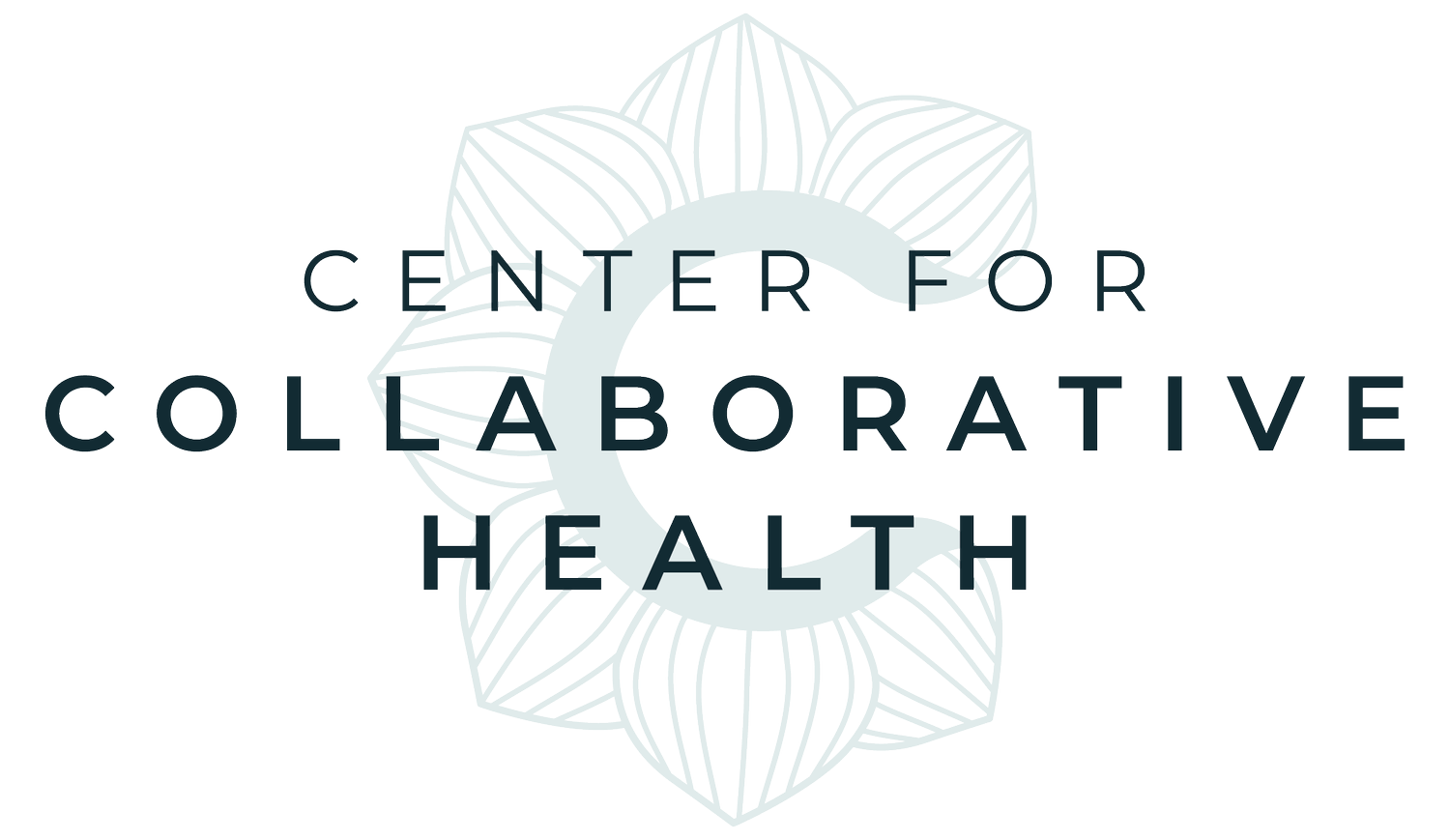Caring For You
While there are many things to celebrate in May, such as May Day, Cinco De Mayo, Mother’s Day, and Memorial Day, it is also Mental Health Awareness Month! During May, many will raise awareness around mental health and work to reduce the stigma that comes with mental health. For us at the Center for Collaborative Health, it is also a time to highlight the ways in which mental health can affect all of us – not only people suffering from mental health, but their family, caregivers, friends, and providers.
Let’s talk about Mental Health. Too often it is associated with disease. But mental health is not just about crisis and illness, it is about how we are doing emotionally, socially, and physically. When one or more of these areas is not performing optimally, it affects how we think, feel, and act, and it determines how we handle stress, relate to others, and make choices.
As adults, and caregivers, we tend to choose others over ourselves constantly. As we focus on the needs of others, it is easy to forget to refuel ourselves. Too often we then find ourselves in a state of physical, emotional, and mental exhaustion. We may develop unrealistic expectations of what we can accomplish, and we take on too much. With time, this may be accompanied by:
a change in attitude
a change in sleep patterns,
increased or decreased appetite/weight
feeling sick more often
constantly feeling tired
neglecting your own wellbeing and hygiene.
Does this sound familiar? If it does, it does not necessarily mean that you are suffering from mental health problems and need therapy, it is just your body, mind and spirt telling you to pay attention, giving you feedback that “YOU need some care.” These messages are often easy to miss. And there is a pervasive cultural pressure to keep going, to ignore our physical and emotional needs. The problem is that by doing so, we are doing a disservice to the people around us as we are no longer operating to the best of our abilities. Just think about when you get on an airplane and the flight attendant says, "If you're traveling with children or others who need assistance, put your oxygen mask on first before assisting others.”
So how do we do this when we cannot ignore our responsibilities? May sound simple, but the answer is to find the time to prioritize you. To take care of yourself. And of course, you may be thinking “But I don’t have time!” and some days that might be true. But we cannot emphasize enough the importance of finding ways to incorporate self-care strategies into your life. Even when the demands of your day are high, there are things that you can do that can have an enormous impact on your wellbeing. Here are some ideas:
1. Set realistic expectations for what you can accomplish in one day.
2. Be physically active. Move in whatever way feels right. Research shows that regular exercise can naturally boost mood, elevates our energy level, helps you sleep better, improves creativity, and other health benefits. This does not have to mean going to a gym, you can exercise just about anywhere, anytime, and it does not have to be for more than a few minutes at a time. The import thing is to find the movement you enjoy and that you will be able to commit to.
3. Nourish your body. Following a healthy diet means eating a variety of nutritious foods and drinks, but it also means getting the right number of calories for you. In addition to the many health benefits of eating well, a healthy diet can also help to improve concentration and feeling more alert and present.
4. Sleep well. Most adults need 7 or more hours of sleep a night, but this can differ for everyone. What is known, is that sleep deprivation can contribute to many mental health conditions from depression and anxiety, to increased irritability and poor cognitive functions. So, consider developing a short, easy to follow bedtime routine.
5. Get support. Make plans with family or friends. A sense of belonging and connection can help protect against future stress and other mental health conditions.
If you don’t want to do this alone, the Center for Collaborative Health offers several self-care options. You do not need to be a client of CCH or be in therapy to take advantage of these services. We offer massage therapy, acupuncture, functional medicine, nutrition counseling, shamanic healing, strength training, and yoga.
If you’re looking to reduce stress and anxiety, improve your physical health, protect your mental health, and improve your relationships, schedule an appointment now! Remember, by taking care of yourself, you will be better able to care for others.

